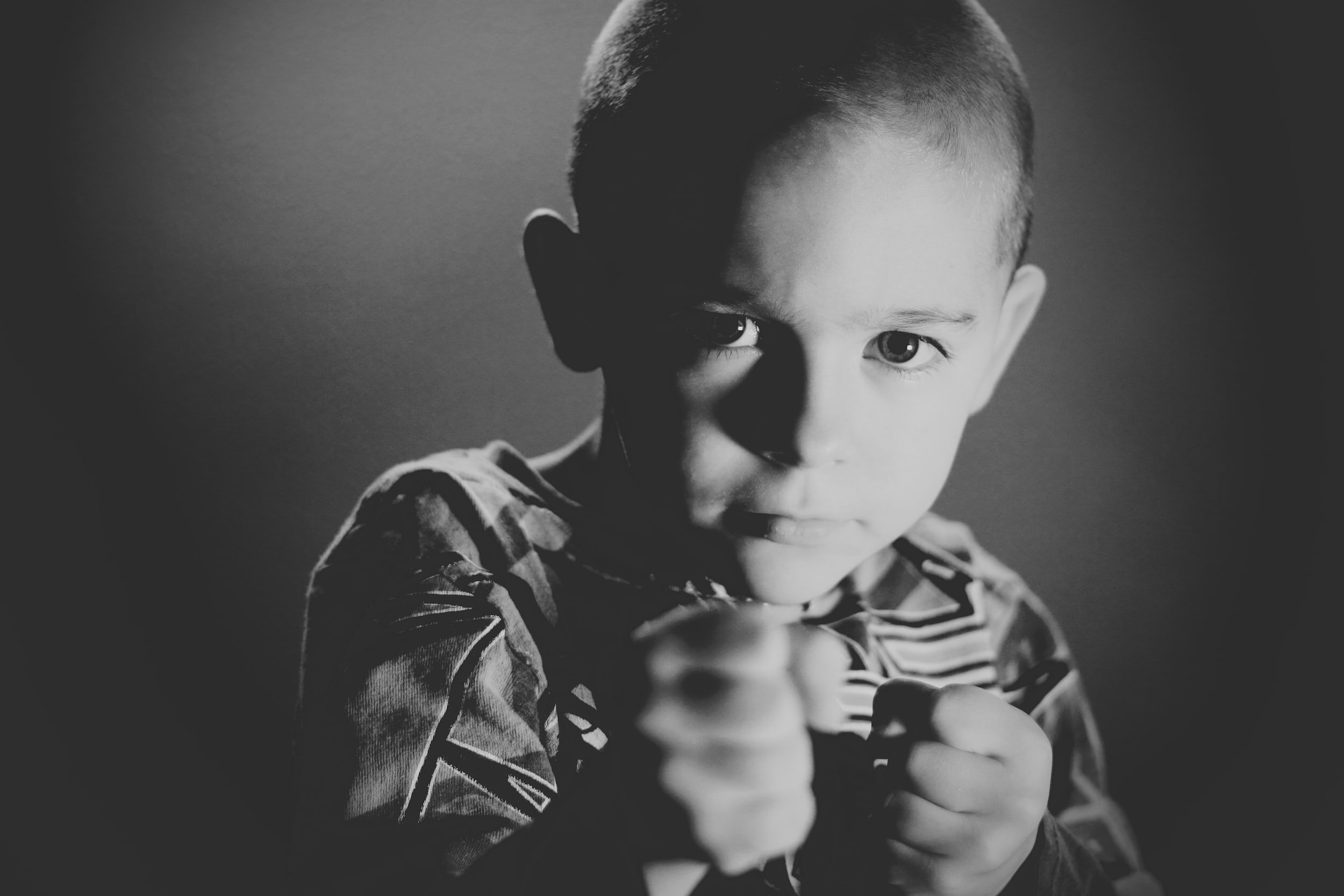4 Primitive defense mechanisms that can screw up your relationship
5/22/23
Why are we so damn defensive?
Our self esteem, and our beliefs are the epidermis of our identity. We will reactively seek to protect our thin skin in various ways. When we’re talking about first line, primitive defense mechanisms, we will also see distinct patterns of defensive behavior and their underlying psychological processes.
Let’s Delves into 4 Different Kinds of Primitive Defensiveness:
Reaction formation
Reaction formation refers to a defense mechanism when we express attitudes, thoughts, or behaviors that are in direct contrast to our true feelings or desires. We unconsciously replace unacceptable or threatening impulses with their polar opposites, projecting an image that is more socially acceptable or appropriate..
For instance, an individual who feels attracted to someone but perceives the attraction as somehow inappropriate might overtly express intense hostility toward that “attractive other” instead. This is the basis of a huge number of romantic comedies.
Sigmund Freud proposed reaction formation as a means to manage internal conflicts, shielding the individual from anxiety or guilt associated with repressed desires. When we publicly display an opposing attitude or behavior, we are seeking to alleviate our discomfort and preserve our self-image.
Projection
Projection happens when we criticize to our partner by attributing our own dark thoughts, emotions, or traits onto them. When we engage in projection, we unconsciously deny our own internal conflicts by identifying these attributes in our partner instead. For instance, a husband who harbors aggressive tendencies toward his wife might project his own aggression onto his wife, complaining that she is consistently hostile
Psychiatrist Carl Jung and psychologist Melanie Klein explored projection as a way to cope with unresolved conflicts and protect one's self-esteem. By externalizing unwanted aspects of the self, we can distance themselves from our own flaws and maintain a more positive self-perception.
Denial
Denial is a defense mechanism characterized by the refusal to acknowledge the existence of a distressing reality or threatening situation. It involves filtering or distorting information that challenges or beliefs, values, or self-image. When we’re in denial, we will seek alternative explanations in order to avoid difficult truths.
Denial serves as a protective shield, allowing us to maintain our psychological equilibrium by temporarily avoiding the pain associated with difficult truths.
Rationalization
Rationalization occurs we create plausible or socially acceptable explanations for our thoughts, feelings, or behaviors, even if those explanations are not entirely accurate or rational. We justify and excuse ourselves to protect our self-esteem and relieve cognitive dissonance. For instance, someone who fails an exam might rationalize it by blaming external factors such as a challenging question format, bad lighting, unfair grading, etc.
Psychoanalyst Alfred Adler emphasized the role of rationalization in reducing anxiety and preserving self-worth. It allows us to reinterpret events in a manner that aligns with our preferred self-image, mitigating the impact of our factual failures or inadequacies.
The problem of relational laziness
It is important to note that while defense mechanisms often serve a purpose in managing psychological stress, we tend to be a bit lazy when we excessive rely on them in dealing with our partners.
Primitive defense mechanisms can hinder personal development and impede genuine self-awareness. Recognizing when defensiveness becomes maladaptive is crucial for fostering personal growth and maintaining healthy relationships.
Final thoughts
Defensiveness takes on various forms, the ones listed above are the most primitive.
Good couples therapy offers insights into the intricate workings of the human mind. By examining defense mechanisms in couples therapy, such as reaction formation, projection, denial, and rationalization, we gain a deeper understanding of how individuals protect themselves from threatening or conflicting information in intimate relationships.
These primitive defense mechanisms are maladaptive strategies, allowing us to maintain psychological balance in the face of discomfort or potential harm. However, obviously, they also have implications for relationships, as defensive behaviors can hinder open communication and authentic connections.
As we explore the complexities of defensiveness, it is crucial to approach these mechanisms with empathy and understanding. By recognizing and addressing our defensive tendencies, we can cultivate healthier and more constructive interactions with our life partners. Looking through a differentiated lens, self-reflection and awareness of our own defensive patterns can lead to personal growth and our own increased emotional resilience.
If you want to dig deeper into the subject of defensiveness, there are a sh*tload of academic references provide valuable insights. Works by renowned psychologists such as Sigmund Freud, Carl Jung, Melanie Klein, Elizabeth Kübler-Ross, and Alfred Adler are foundational texts for understanding defense mechanisms and all their family of origin psychological underpinnings.
REFERENCES:
Freud, S. (1936). The Ego and the Mechanisms of Defense.
Freud, S. (1899). The Interpretation of Dreams.
Jung, C. G. (1921). Psychological Types.
Jung, C. G. (1959). The Archetypes and the Collective Unconscious.
Klein, M. (1975). Envy and Gratitude and Other Works, 1946–1963.
Klein, M. (1932). The Psychoanalysis of Children.
Kübler-Ross, E. (1969). On Death and Dying.
Kübler-Ross, E. (1997). The Wheel of Life: A Memoir of Living and Dying.
Adler, A. (1927). Understanding Human Nature.
Adler, A. (1924). The Practice and Theory of Individual Psychology.
